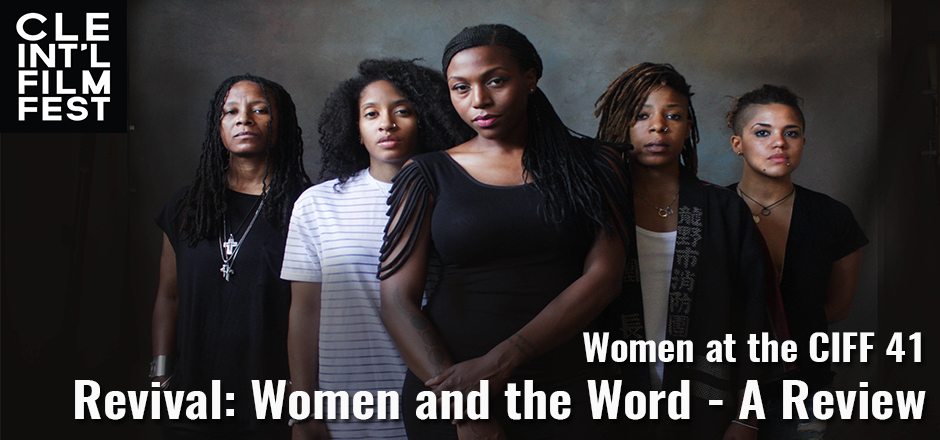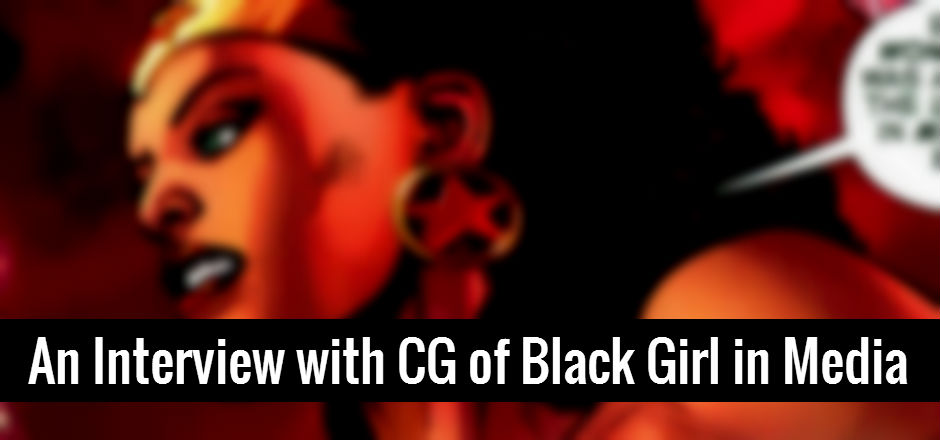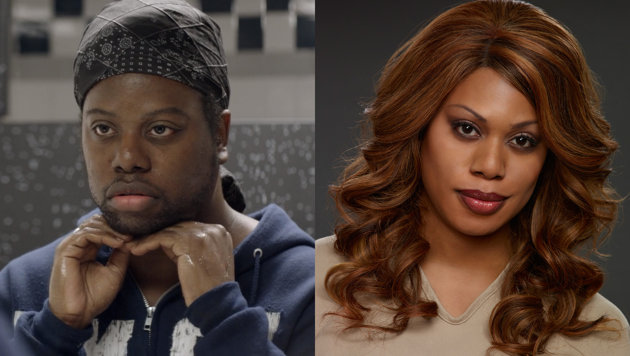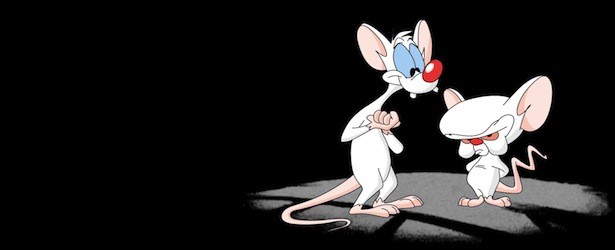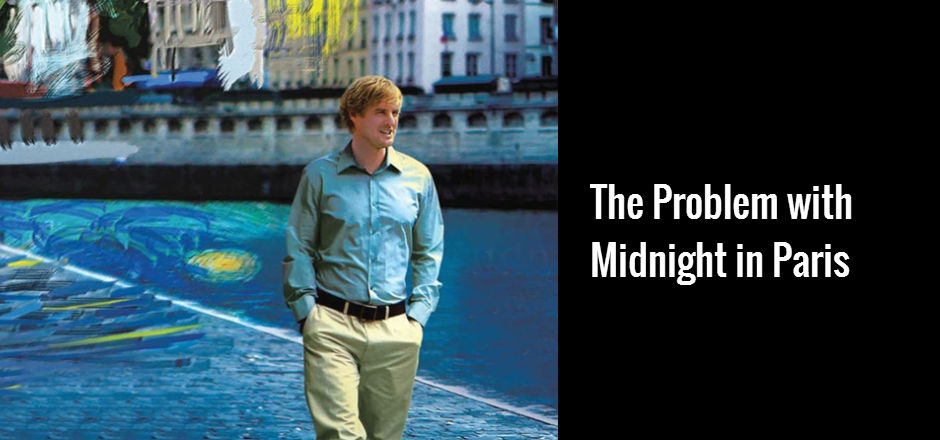Some people in this world only need a microphone to make a piece of art. Sekiya Dorsett directs this road trip documentary, amplifying the voices of the queer black women of The Revival. By putting the audience right there in the tour van and in the performance spaces, Dorsett creates an intimate relationship between the viewer and the subjects of the documentary.
The movie starts in Brooklyn, before the first performance of what is dubbed the Revival tour. It is made up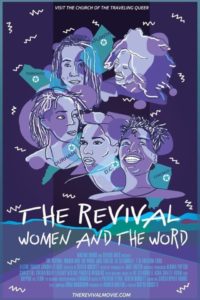 of five black and queer women, poets and musicians alike. We follow Yaani Supreme fka Jade Foster, Be Steadwell, t’ai freedom ford, Jonquille Rice aka Solsis and Elizah Turner on their salon-styled tour, learning about the history of queer people of color as well at their future.
of five black and queer women, poets and musicians alike. We follow Yaani Supreme fka Jade Foster, Be Steadwell, t’ai freedom ford, Jonquille Rice aka Solsis and Elizah Turner on their salon-styled tour, learning about the history of queer people of color as well at their future.
One thing that is true of all movies, but especially true for documentaries, is that if you have a good story to tell, it doesn’t matter how big your budget is. I wasn’t distracted by unsteady camera work because it was appropriate. It was real. I wasn’t distracted by the audio because what was being said was more important than how clear and consistent it sounded. And there were times where I wished they would have left out the royalty-free music in favor of letting the poems create a beat of their own, but it still couldn’t drown out the impact of their words.
One of the most important aspects of this movie is how it presents the identity of these queer black women as one whole thing. Not three, separated by gender, race and sexuality. This is the very definition of intersectionality. Being able to see intersectionality in reality and not just a term on a webpage about feminism is critical to understanding it. I felt like I got a much better understanding of it after watching the documentary.
Audiences get to know these women as individuals who are funny, who have been hurt, who are healing, who love, who are insecure and I think that was the very goal of the film. They mention in the movie how black queer bodies are treated with less worth than their counterparts. In order to change this, they need to be presented to the world as powerful and real entities. This movie does just that.
Watching these women interact with different facets of their community from different parts of the country was incredibly moving. Watching them face blatant racism from an area I grew up in was horrifying. And all of it was genuine.
I was lucky enough to be a part of a short Q&A with Sekiya Dorsett after the screening. I asked her if she found it hard to be a fly on the wall, to not affect the narrative when she so heavily identified with the subjects. She responded that while she did mostly remain a fly on the wall, she felt like she was having a conversation with these women during the process of making this movie. That’s what it felt like, too. I was listening in on a conversation which everyone should listen in on, but not partake in. I think using the medium of film is the best way to present this. Because you can’t argue back with a movie about “not all white/straight people.” You sit there, shut up, eat your popcorn, and listen.
